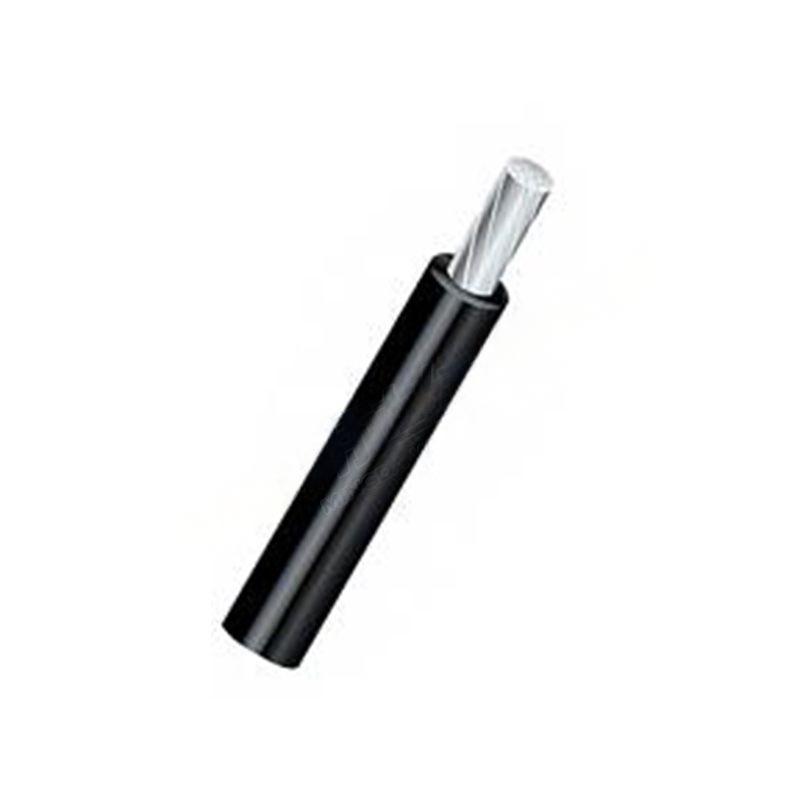Dec . 04, 2024 21:15 Back to list
Understanding ANSI Standard Gate Valves for Industrial Applications and Maintenance
Understanding ANSI Gate Valves A Comprehensive Overview
ANSI gate valves are essential components in various industrial applications due to their ability to control the flow of liquids and gases effectively. These valves are designed based on the standards set by the American National Standards Institute (ANSI), ensuring that they meet stringent quality and performance benchmarks. This article explores the characteristics, working principles, applications, and advantages of ANSI gate valves.
Characteristics of ANSI Gate Valves
ANSI gate valves feature a simple yet robust design, which includes a valve body, a gate or wedge, a bonnet, and a stem. The most defining characteristic is the gate mechanism that operates perpendicular to the flow of the working fluid. When the valve is opened, the gate is raised entirely out of the flow path, facilitating minimal resistance and allowing for unrestricted flow. Conversely, when closed, the gate is seated against a surface in the valve body, creating a tight seal and preventing any leakage.
The construction of ANSI gate valves is typically made of materials such as cast iron, stainless steel, or carbon steel, which provide durability and resistance to various environmental factors. Additionally, ANSI gate valves can be categorized into different classes based on their pressure-handling capabilities—commonly ranging from Class 150 to Class 2500—allowing users to select appropriate valves for specific applications.
Working Principles
The operation of ANSI gate valves is straightforward. These valves utilize a wedge-shaped gate that is either raised or lowered by turning a handwheel or actuating mechanism. When the handwheel is turned clockwise, the gate is propelled upward, allowing fluid to flow freely. Conversely, turning it counterclockwise forces the gate downward, sealing off the flow path.
One of the significant advantages of gate valves is their ability to facilitate quick shut-off and full flow. Their design ensures that there is minimal turbulence and pressure drop in fully opened positions, making them suitable for isolation services in systems that require the entire flow to be directed without interruption.
Applications of ANSI Gate Valves
ansi gate valve

ANSI gate valves find applications across various industries, including oil and gas, water treatment, chemical processing, and power generation. In the oil and gas sector, they are commonly used in refining processes, pipeline transportation, and storage facilities due to their reliability and robust construction. Water treatment plants often utilize gate valves for controlling water flow and maintaining system pressure.
In chemical processing, ANSI gate valves serve as essential isolation devices, protecting equipment from backflow and contamination. Additionally, power plants leverage these valves in cooling water systems and boilers, where they can withstand high pressures and temperatures while ensuring operational safety.
Advantages of ANSI Gate Valves
The advantages of ANSI gate valves are numerous, making them a popular choice for industrial applications. Firstly, their ability to provide a full, unobstructed flow path is paramount in applications requiring high flow rates. Unlike other valve types, gate valves do not cause significant pressure drops, which can be critical in maintaining system efficiency.
Secondly, ANSI gate valves are characterized by their durability and longevity. Their robust construction allows them to withstand harsh operating conditions, reducing the need for frequent maintenance or replacements. When properly maintained, these valves can maintain their integrity and functionality for many years.
Lastly, ANSI gate valves offer a simple interface for operation, making them user-friendly. Whether manually operated or actuated automatically, the controls are straightforward, allowing for quick response during operational changes or emergencies.
Conclusion
In conclusion, ANSI gate valves are indispensable devices in a multitude of industrial sectors, providing reliable flow control and isolation. Their robust design, efficient operation, and adaptability to various environments affirm their critical role in maintaining efficient and safe operational processes. As industries continue to evolve, the demand for high-quality gate valves will remain crucial, ensuring that ANSI gate valves stand the test of time as a preferred choice for professionals worldwide.
Share
-
Reliable Wafer Type Butterfly Valves for Every IndustryNewsJul.25,2025
-
Reliable Flow Control Begins with the Right Ball Check ValveNewsJul.25,2025
-
Precision Flow Control Starts with Quality ValvesNewsJul.25,2025
-
Industrial Flow Control ReliabilityNewsJul.25,2025
-
Engineered for Efficiency Gate Valves That Power Industrial PerformanceNewsJul.25,2025
-
Empowering Infrastructure Through Quality ManufacturingNewsJul.25,2025